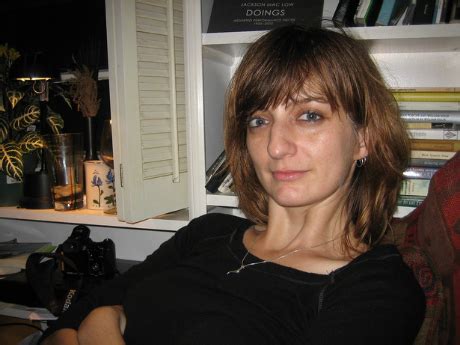A Quote by H. P. Lovecraft
For correct writing, the cultivation of patience and mental accuracy is essential. Throughout the young author's period of apprenticeship, he must keep reliable dictionaries and textbooks at his elbow; eschewing as far as possible that hasty extemporaneous manner of writing which is the privilege of more advanced students.
Related Quotes
Writing for adults and writing for young people is really not that different. As a reporter, I have always tried to write as clearly and simply as possible. I like clean, unadorned writing. So writing for a younger audience was largely an exercise in making my prose even more clear and direct, and in avoiding complicated digressions.
Writing has taught me a lot - though far from everything - about writing, so as time has passed, it has become more pleasurable if not easier. I've done other things in life, but writing is by a factor of 10 the most difficult among them. And, of course, you never achieve what you set out to achieve, so you must keep on trying to do better.
I don't think that writing, real writing, has much to do with affirming belief--if anything it causes rifts and gaps in belief which make belief more complex and more textured, more real. Good writing unsettles, destroys both the author and the reader. From my perspective, there always has to be a tension between the writer and the monolithic elements of the culture, such as religion.
If you are making money writing, you are doing great. If you can support yourself writing, you are a success. I don't care if you're writing textbooks or Pulitzer Prize-winning articles for weighty publications of world renown: If you're writing and it's paying the bills, consider yourself a successful writer.
I think I give far more space and play to avant-garde writing than any other contemporary textbook author. I want students to be able to decide for themselves which aesthetics are closest to their own. Still, while I try not to be a nostalgist myself, I suppose I am drawn to those poignant moments in our lives, rendered clearly and artfully.
When young men or women are beginning life, the most important period, it is often said, is that in which their habits are formed. That is a very important period. But the period in which the ideals of the young are formed and adopted is more important still. For the ideal with which you go forward to measure things determines the nature, so far as you are concerned, of everything you meet.
A distinction must be made between that writing which enables us to hold on to life even as we are clinging to old hurts and wounds and that writing which offers to us a space where we are able to confront reality in such a way that we live more fully. Such writing is not an anchor that we mistakenly cling to so as not to drown. It is writing that truly rescues, that enables us to reach the shore, to recover.






































